UNITIVE JUSTICE
From a system based on punishment to a system based on loving-kindness
“An eye for an eye will make the whole world blind”
Photo by Brandon Mowinkel
“2/3 of prisoners will be arrested for a new crime within three years of being released from prison”
Our Justice System
Our justice system is broken: In no other organization would a 2/3 failure rate be acceptable. The answer is not putting band-aids on the system we have, but replacing it with a new system that recognizes the humanity in others and helps people who commit crimes understand the impact of their actions so they can help heal the harm caused.
Learn about how Unitive Justice is different in this video.
Unitive Justice is a form of Restorative Justice with a unique structure that creates sustainability and allows it to be easily taught and replicated. Restorative Justice is being successfully used today for many different crimes, including murder. Consider Mothers Against Drunk Drivers (MADD) as a powerful example of a restorative justice system that has literally saved lives. Unitive Justice takes the best principles of Restorative Justice and puts them into a structure that we can use in many areas of our lives, even outside of the justice system.
A System of Proportional Revenge
When someone commits a crime, in our justice system their crime is not against another person but against the State. Have you wondered why?
Our justice system goes back to a time in England when the power of feudal lords intersected with the power of the church to create monarchies. Because everything and everyone belonged to the king, any crime in the kingdom was an offense against the king. We use that same outdated system in our criminal justice systems today.
This system often neglects the actual victim of an offense and often re-victimizes them. It doesn’t allow for apologies, healing the harm, or providing a context for why it happened and often discourages honesty and admissions of guilt.
Sentencing in our current system is no more than a form of proportional revenge. It is okay for us (as the State) to harm someone who committed an offense so long as we believe it’s in proportion to the crime committed (which we know it often is not).
Photo by Johnny Caspari
Our current justice system has resulted in
1 in every 37 adults in the United States, or 2.7% of the adult population, under some form of correctional supervision.
The U.S. has 5% of the world’s population but 25% of incarcerated persons.
African Americans incarcerated at more than 5 times the rate of whites
The United States having incarcerated more of its youth than any other country in the world.
https://www.naacp.org/criminal-justice-fact-sheet/
A Better Way
Photo by Ian Schneider
Clearly, there is a better way. Unitive Justice is based on the moral principle of lovingkindness, a mandate to do no harm, to extend kindness and compassion to others. This moral standard applies equally to everyone, without exception. Whatever the circumstances, harm to another is not condoned as moral.
We propose an alternative view of what justice looks like for our communities. We can begin to create the bridge from here to there immediately—“there” being a place in which the idea of lovingkindness supplants the desire for retribution or vengeance. By starting in the places in which we have influence today, we can begin to transform our system.
Unitive Justice represents system change, from a system based on punishment and proportional revenge, an “eye for an eye” justice, to a system based on connection and recognition of our shared humanity. The Alliance for Unitive Justice teaches 5-day Unitive Justice workshops about the journey from punitive justice to Unitive Justice. This workshop provides the tools needed to create Unitive Communities.




